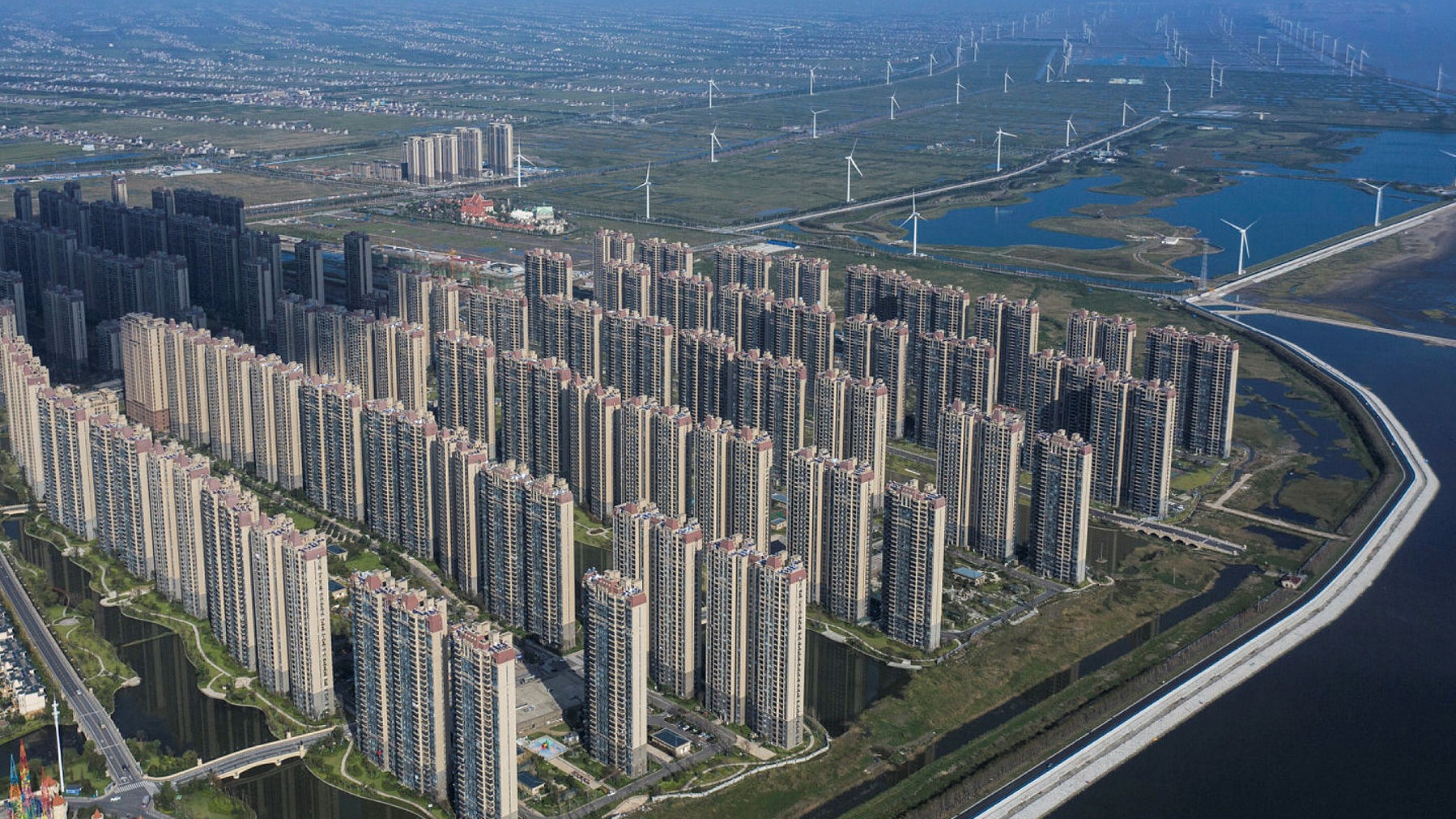The recent news of Chinese property developer Evergrande posting an $81 billion loss over the past two years has sent shockwaves through the global financial markets and raised concerns about the stability of the Chinese real estate market. Evergrande, once a symbol of China’s economic prowess, has now become a cautionary tale of the risks and challenges faced by the country’s property sector.
The company’s fall into default in 2021 and its announcement of an offshore debt restructuring program in March are clear indications of the mounting financial troubles it faces. Evergrande’s struggle to complete projects and repay suppliers and lenders reflects broader issues within the Chinese real estate market, where developers have been grappling with high levels of debt and an oversupply of properties.
The Evergrande crisis has significant implications for the Chinese economy as a whole. The real estate sector has been a key driver of economic growth in China for many years, contributing to a substantial portion of the country’s GDP. A downturn in the property market could have ripple effects on related industries, such as construction, banking, and consumer spending, potentially leading to a broader economic slowdown.
Moreover, the Evergrande crisis highlights the need for regulatory reforms in the Chinese real estate market. The rapid expansion of property developers like Evergrande has been fueled by heavy borrowing, often from shadow banking sources, resulting in a risky and unsustainable financial situation. Chinese authorities must address issues such as speculative buying, excessive leverage, and inadequate oversight to prevent similar crises from occurring in the future.
Internationally, the Evergrande situation has raised concerns about potential spillover effects on the global financial system. The company’s massive debt burden and the interconnectedness of financial markets mean that its struggles could have repercussions on investors and financial institutions worldwide.
As the Chinese government grapples with finding a resolution to the Evergrande crisis, it faces a delicate balancing act. On one hand, it needs to contain the risk of a broader financial crisis and maintain social stability. On the other hand, a heavy-handed approach could further dampen investor confidence and hinder economic growth.
In conclusion, the Evergrande crisis serves as a wake-up call for China’s real estate market and underscores the importance of addressing systemic risks and promoting sustainable growth. The Chinese government must take proactive measures to tackle the issues plaguing the property sector and enhance transparency and regulation. For the global economy, close monitoring of the Evergrande situation is crucial, as its outcome could have far-reaching implications for financial markets worldwide.
